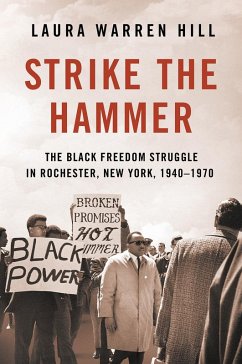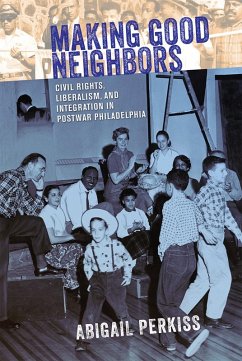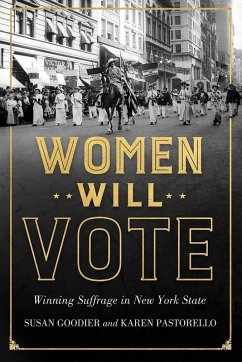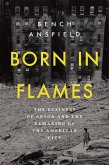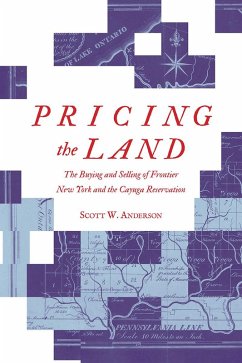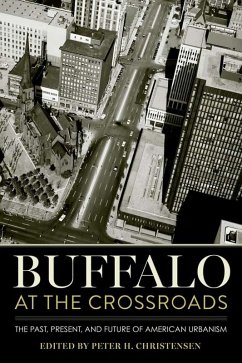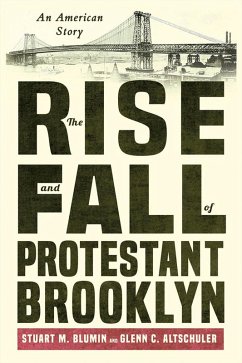On July 24, 1964, chaos erupted in Rochester, New York. Strike the Hammer examines the unrest-rebellion by the city's Black community, rampant police brutality-that would radically change the trajectory of the Civil Rights movement. After overcoming a violent response by State Police, the fight for justice, in an upstate town rooted in black power movements, was reborn. That resurgence owed much to years of organizing and resistance in the community.
Laura Warren Hill examines Rochester's long Civil Rights history and, drawing extensively on oral accounts of the northern, urban community, offers rich and detailed stories of the area's protest tradition. Augmenting oral testimonies with records from the NAACP, SCLC, and the local FIGHT, Strike the Hammer paints a compelling picture of the foundations for the movement.
Now, especially, this story of struggle for justice and resistance to inequality resonates. Hill leads us to consider the social, political, and economic environment more than fifty years ago and how that founding generation of activists left its mark on present-day Rochester.
Laura Warren Hill examines Rochester's long Civil Rights history and, drawing extensively on oral accounts of the northern, urban community, offers rich and detailed stories of the area's protest tradition. Augmenting oral testimonies with records from the NAACP, SCLC, and the local FIGHT, Strike the Hammer paints a compelling picture of the foundations for the movement.
Now, especially, this story of struggle for justice and resistance to inequality resonates. Hill leads us to consider the social, political, and economic environment more than fifty years ago and how that founding generation of activists left its mark on present-day Rochester.
Dieser Download kann aus rechtlichen Gründen nur mit Rechnungsadresse in A, D ausgeliefert werden.

